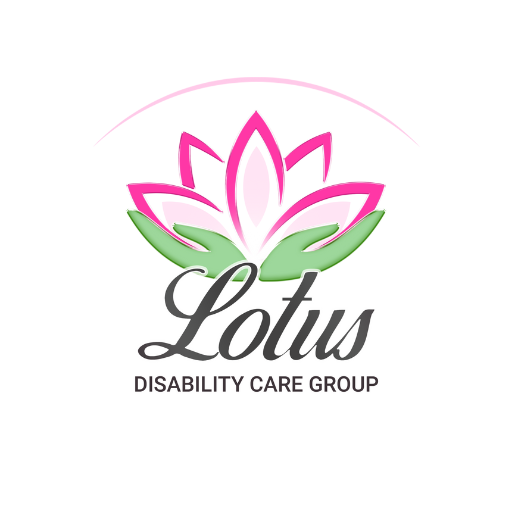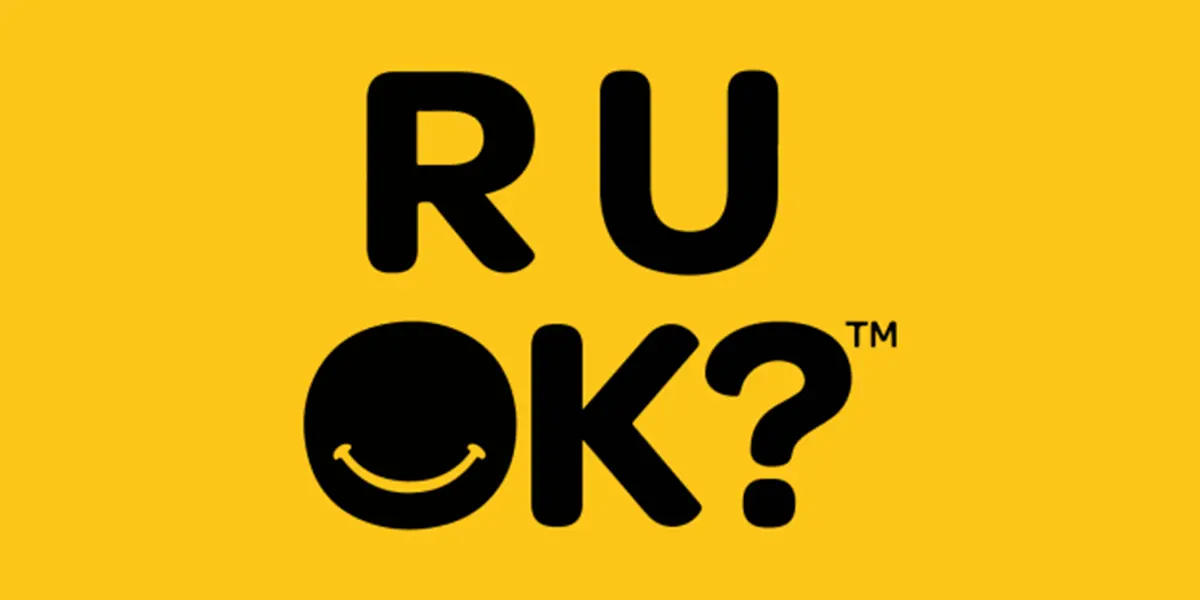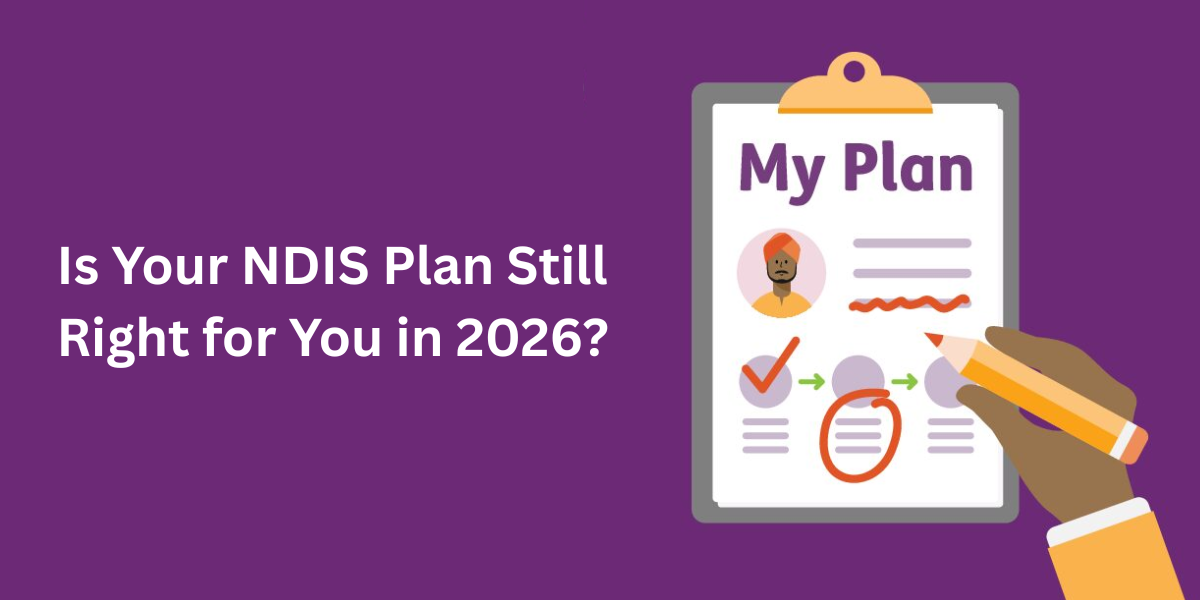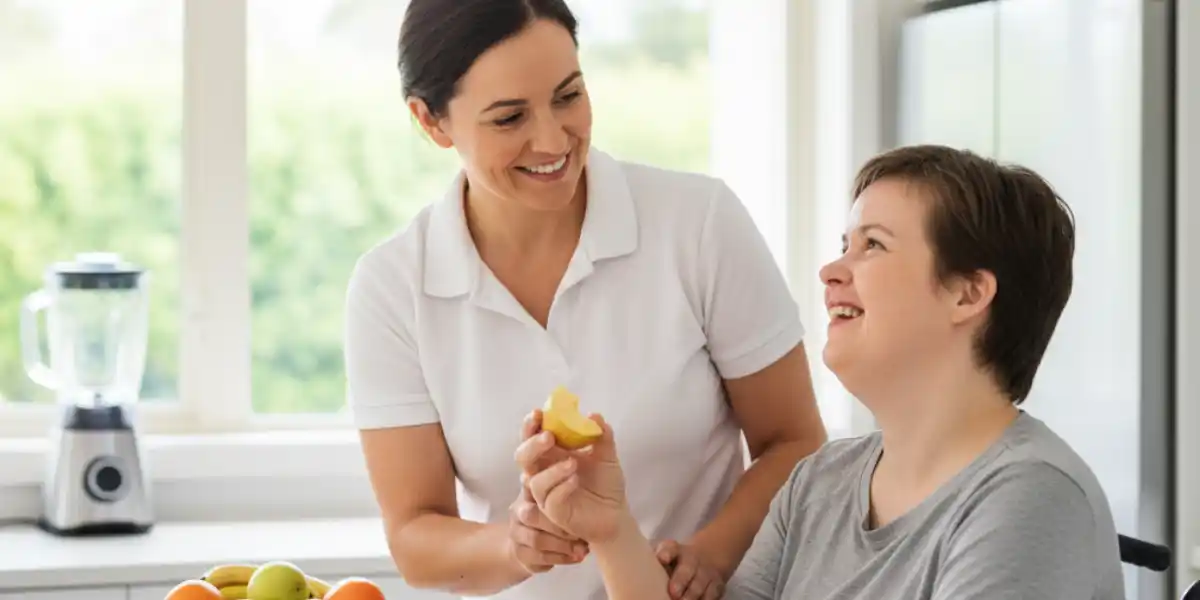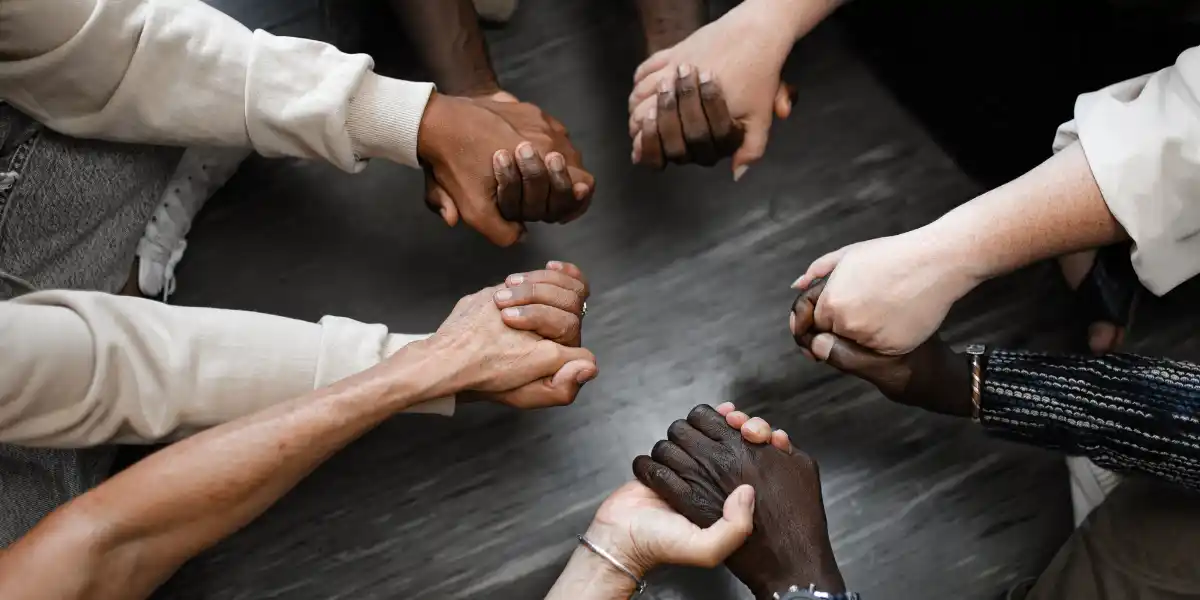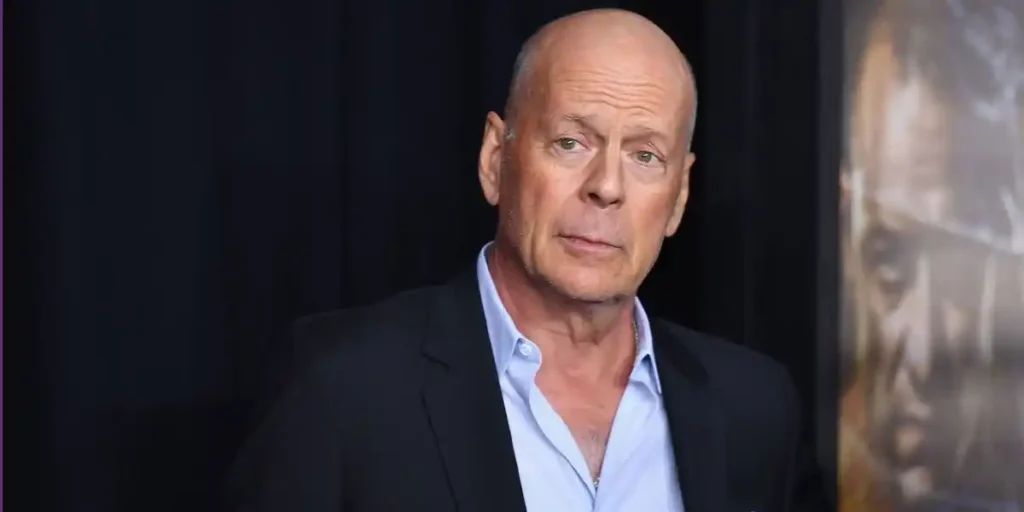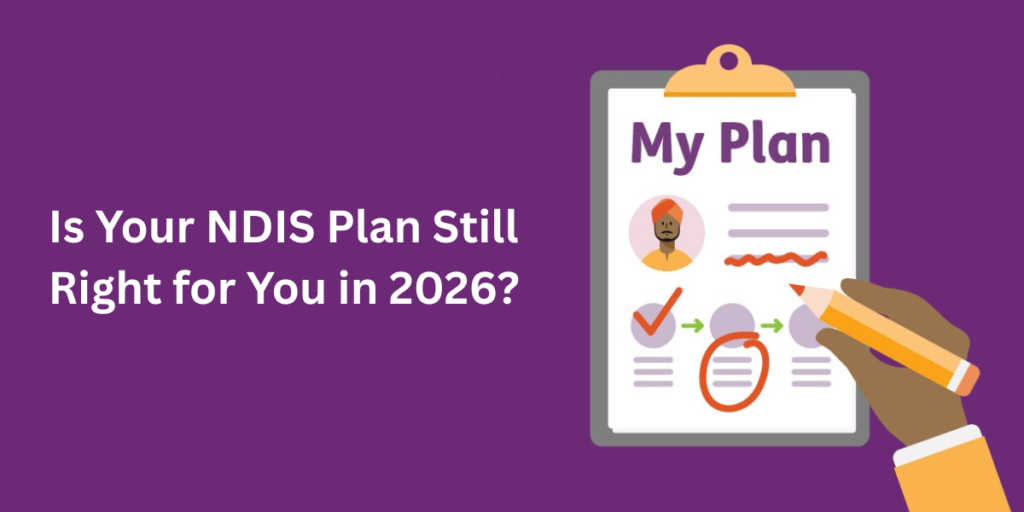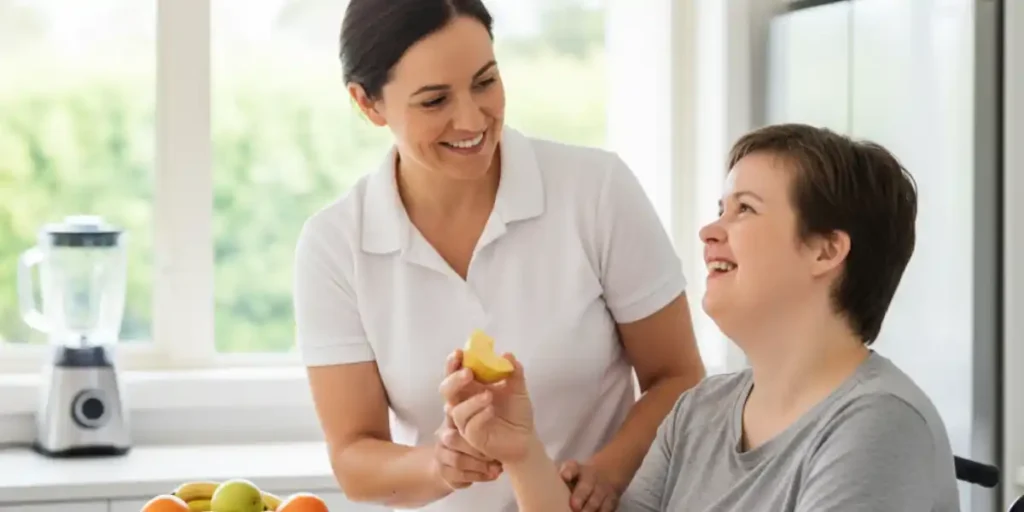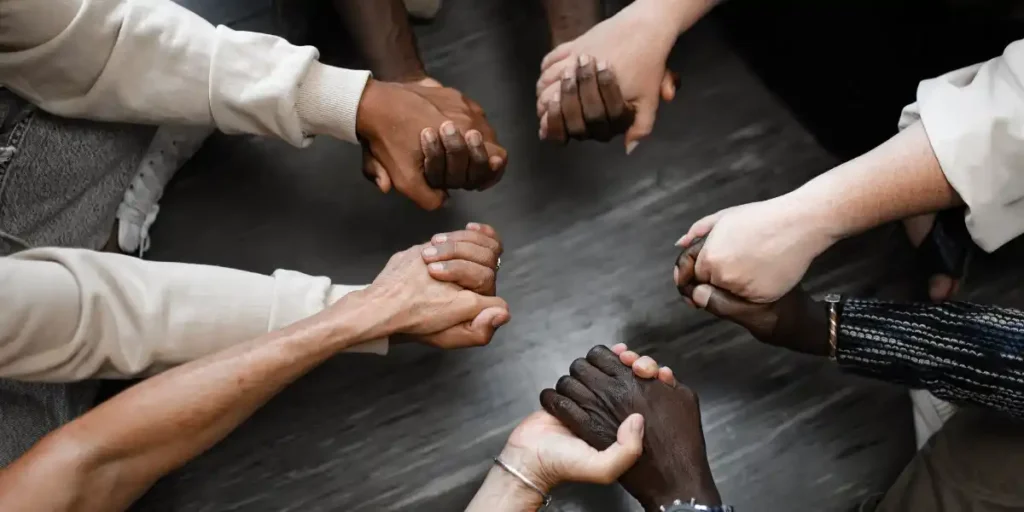R U OK Day 2025 is more than just a date on the calendar – it’s a reminder that asking a simple question can spark life-changing dialogue. Mental health conversations don’t have to feel intimidating; they start with empathy, active listening, and a willingness to connect.
Why This Awareness Day Matters
At the heart of this mental health initiative is the idea that small talks can prevent big struggles. Research shows that nearly 1 in 5 Australians experience mental illness each year (Australian Bureau of Statistics, 2022). By opening up space for honest dialogue, communities create stronger support networks. For businesses, schools, and families across Australia, this day is an opportunity to pause and check in with those around us.
How to Ask “R U OK?” the Right Way
Starting mental health conversations takes more than casually dropping the question. The R U OK? organisation recommends four practical steps:
- Ask genuinely – Be specific and show you care.
- Listen without judgment – Give the person space to talk.
- Encourage action – Suggest speaking with a professional or reaching out to trusted support.
- Check in again – Follow up later to show continued care.
These steps turn a simple phrase into meaningful support that can guide someone toward professional help if needed.
Spotting the Signs Someone May Be Struggling
It’s not always obvious when someone is having a tough time, but there are signals to watch for:
- Withdrawal from social activities
- Sudden changes in mood or behaviour
- Difficulty concentrating at work or study
- Expressions of hopelessness or feeling like a burden
Recognising these signs can help you approach conversations with sensitivity. For families engaged in community mental health support or those connected with the NDIS mental health services, these indicators can serve as prompts to reach out before issues escalate.
How Professional Supports Continue the Conversation
Sometimes, asking “R U OK?” is just the beginning. Psychosocial recovery support, including Recovery Coaches under the NDIS, plays a crucial role in ensuring conversations lead to real change. These professionals:
- Help participants set and achieve personal goals
- Encourage independence and confidence
- Provide ongoing strategies for wellbeing beyond awareness campaigns
This shows that the awareness day is not just about asking once – it’s about building pathways to long-term support.
Building a Culture of Care
Whether you’re part of a workplace, school, or local community, creating an environment where mental health conversations are normalised is vital. Training sessions, peer-support programs, and engaging with community mental health support initiatives make it easier for people to speak up. When organisations embrace this approach, they reduce stigma and encourage earlier interventions.
Key Takeaway for 2025
As R U OK Day 2025 approaches, it’s a reminder that checking in is only the start. By combining meaningful conversations with professional services such as psychosocial recovery coaching and NDIS mental health services, Australians can create lasting change. Together, we can make mental health part of everyday discussions, not just one day a year.
